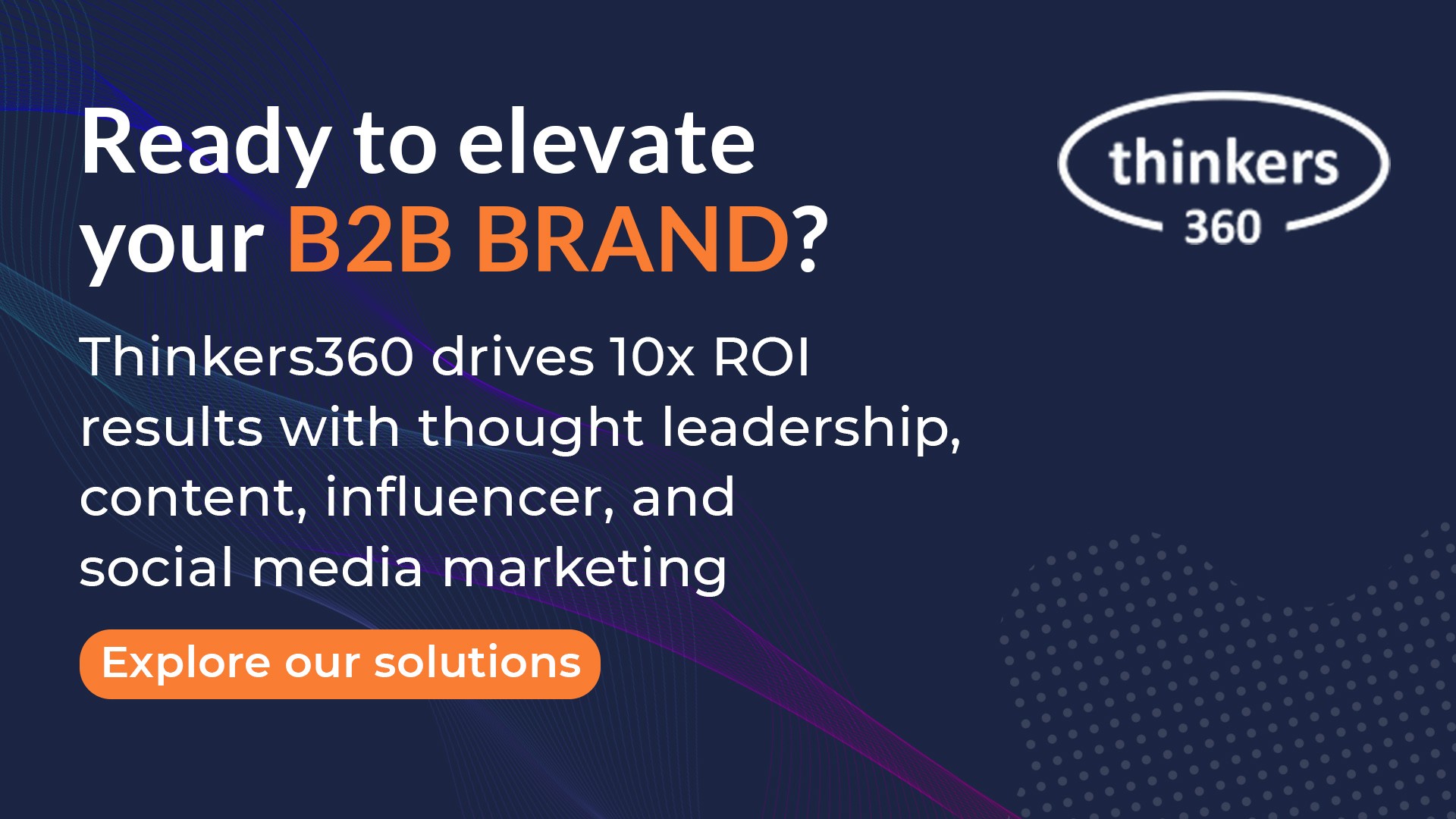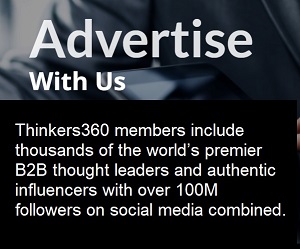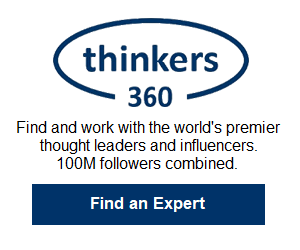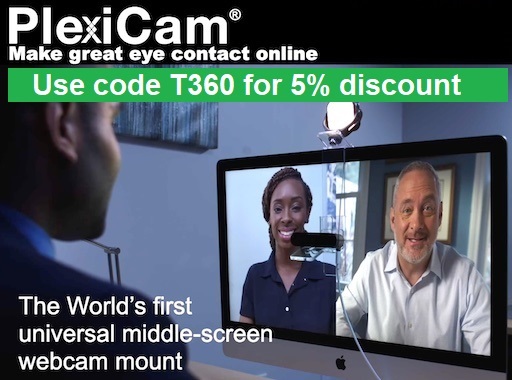
Introductory Thoughts
Charting the path of your business with concrete and precise goals is an indispensable measure in ensuring your venture sails on the correct course. A meticulously tailored objective will serve as a roadmap, elucidating what you aspire to achieve, the pathway to accomplishing it, and its significance. This discourse unravels everything you need to grasp about business objectives, with a comprehensive examination of characteristic objectives put in place by a diverse array of businesses.
The Essence of an Objective
An objective serves as your target, a tangible and quantifiable result you intend to realize by a predetermined future date. The objectives you institute for your enterprise will hinge on your priorities and how distant your aims are from actualization.
Optimum objectives have the following features:
Specific: They are devoid of any obscurity or uncertainty. For instance, “enhance our user experience” lacks specificity.
Measurable: The accomplishment of the objective can be verified. For instance, “garner over 100 new client registrations before the start of April” is quantifiable.
Result-oriented: They are conducive to achieving a more substantial goal. For instance, “escalate sales by 20% this fiscal year” contributes to the overarching company aim of profitability.
Constructing Robust Business Objectives
Before embarking on a solution, clearly outline the issue. Establish your goals prior to commencing. Refrain from making comparisons with the aims of others. Adopt an ambitious yet feasible approach, and put in place objectives that will induce satisfaction in your venture. Strive to outperform those ready to put in the same level of effort as you, rather than attempting to outdo the industry best. Consider these tangible objectives in the fitness industry that can be accomplished within a quarter to half a year: shedding 10 pounds, finishing a 5K, enhancing the bench press by 25 pounds, or completing a triathlon.
The Strategy vs. Tactics Debate
The distinction between strategy and tactics can be understood through a tool analogy. Consider your business strategy as a hammer: versatile and applicable to a multitude of tasks, with the onus on you to identify these specific tasks. The objective of wielding your strategy (or “hammer”) is to foster growth in a bid to realize the goals you initially set. Tactics, conversely, are akin to saws: solely useful in downsizing or diminishing something—they are not innately productive. In other words, tactics come into the picture once the task is defined; they ensure smooth sailing in the execution phase of a plan.
Objectives and the OKR Model
Objectives are a comprehensive overview of the goals you aim to fulfill. They should be quantifiable, explicit, and time-bound. The SMART framework is a straightforward method to confirm whether your objective fulfills these criteria:
- Specific – Your target should be lucid and unequivocal.
- Measurable – Progress towards the goal should be quantifiable.
- Achievable – Is it feasible for you (and your team) to realize this goal within the stipulated timeframe? Is it practicable?
- Result-oriented – This relates to progressing towards a more substantial objective—a broader vision or mission that steers every decision made as a company or leader. This could also imply setting multiple objectives that collectively aim to accomplish a larger goal over time, such as augmenting the user base of our application or elevating revenue by 10%.
- Time-bound – What is the timeframe for accomplishing it? What is the intended deadline?
Setting potent business objectives can furnish you with a lucid representation of what you aspire to achieve and the pathway to realize it.
Conclusion
Objectives bear significance as they endow a business with a purpose and trajectory. They can be leveraged to help employees comprehend their fit within the organization and how their role contributes to the collective goals of the company. By setting precise objectives, businesses will be better poised for success, as opposed to aimlessly pursuing undefined goals in the hope of an accidental triumph.
Take your business to the next level.
We help medium-sized businesses to innovate and make measurable progress towards your business outcomes so your company thrives.
Over the years, we’ve used proven and guaranteed Innovation & OKR processes to generate tangible business outcomes in 12 weeks ️ for companies including Roche, IBM and many others.
Stay ahead of the competition. Learn more and contact us now.
By Andrew Constable MBA, XPP, BSMP
Keywords: Business Strategy, Innovation, Leadership
























